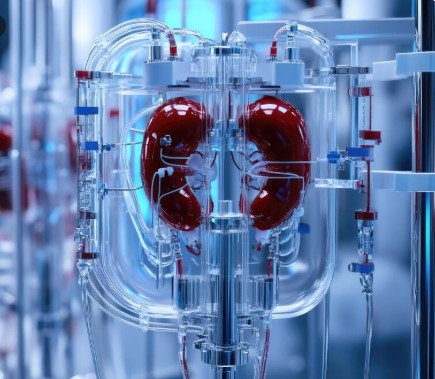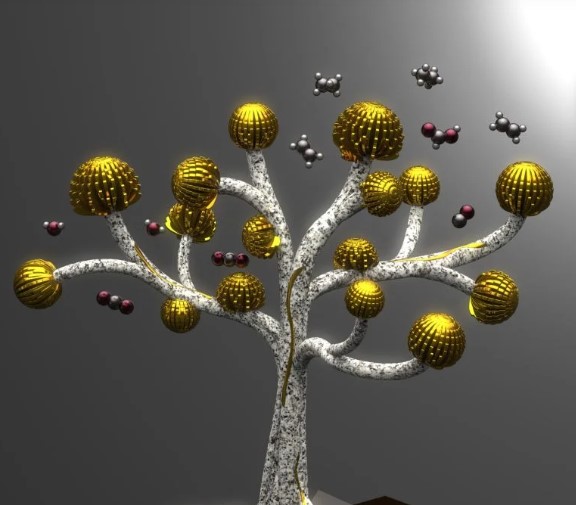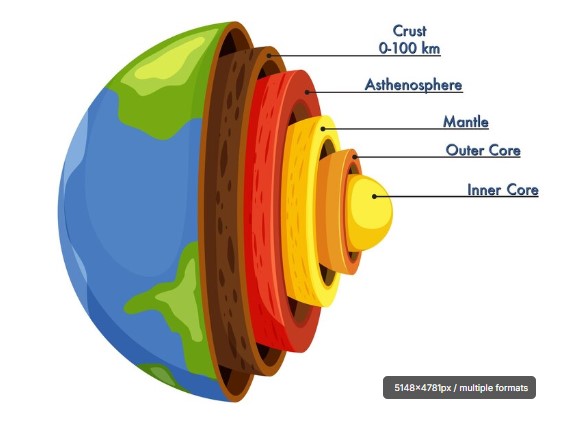When Surprise Hurts: How the Brain Amplifies Unexpected Pain

Unexpected Pain? Here's Why Your Brain Responds Intensely
Perceptions of pain can differ widely. Sometimes an injury or physical condition causes us to feel pain more intensely than we would normally, yet in other identical situations, we may feel less acute pain. This variation suggests that our expectations and uncertainty have a significant impact on how we perceive pain.
To explain how the brain interprets pain, two theories have been put forth.
The first is the Estimate Hypothesis, according to which the brain makes predictions about how painful something will be.
The other is the Surprise Hypothesis, according to which the brain interprets pain as the prediction error—the discrepancy between expectations and reality.
The mechanism behind how pain is perceived was examined in this study.
To explain how the brain interprets pain, two theories have been put forth.
The first is the Estimate Hypothesis, according to which the brain makes predictions about how painful something will be.
The other is the Surprise Hypothesis, according to which the brain interprets pain as the prediction error—the discrepancy between expectations and reality.
The mechanism behind how pain is perceived was examined in this study.
Did you know? You can comment on this post! Just scroll down
As they watched painful or non-painful visual stimuli in virtual reality, healthy individuals in the experiment reported the level of their discomfort after receiving unpleasant thermal stimuli.
The researchers discovered that when the prediction error was high, the subjects felt pain very strongly, proving that the Surprise Hypothesis better explains how the brain processes pain.
The research also demonstrated that unexpected events increased discomfort.
Chronic pain sufferers frequently have nebulous pain-related worries and fears.
It's possible that this ambiguous discrepancy between expectations and reality makes suffering seem even more intense.
In order to lessen discomfort, it is crucial to close the "surprise" or gap between expectations and reality.
The researchers discovered that when the prediction error was high, the subjects felt pain very strongly, proving that the Surprise Hypothesis better explains how the brain processes pain.
The research also demonstrated that unexpected events increased discomfort.
Chronic pain sufferers frequently have nebulous pain-related worries and fears.
It's possible that this ambiguous discrepancy between expectations and reality makes suffering seem even more intense.
In order to lessen discomfort, it is crucial to close the "surprise" or gap between expectations and reality.
New medicines that might improve recovery from trauma and chronic pain could be developed more easily with a greater understanding of how pain is perceived.
This work was supported by JSPS KAKENHI (grant numbers 19H05729 and 23KJ0261).
University of Tsukuba
Article Posted 3 Months ago. You can post your own articles and it will be published for free.
No Registration is required! But we review before publishing! Click here to get started
One Favour Please! Subscribe To Our YouTube Channel!
468k
Cook Amazing Nigerian Dishes, Follow Adorable Kitchen YouTube Channel!
1.1m
Like us on Facebook, Follow on Twitter
React and Comment
Click Here To Hide More Posts Like This
Watch and Download Free Mobile Movies, Read entertainment news and reports, Download music and Upload your own For FREE.
Submit Your Content to be published for you FREE! We thrive on user-submitted content!
But we moderate!

















